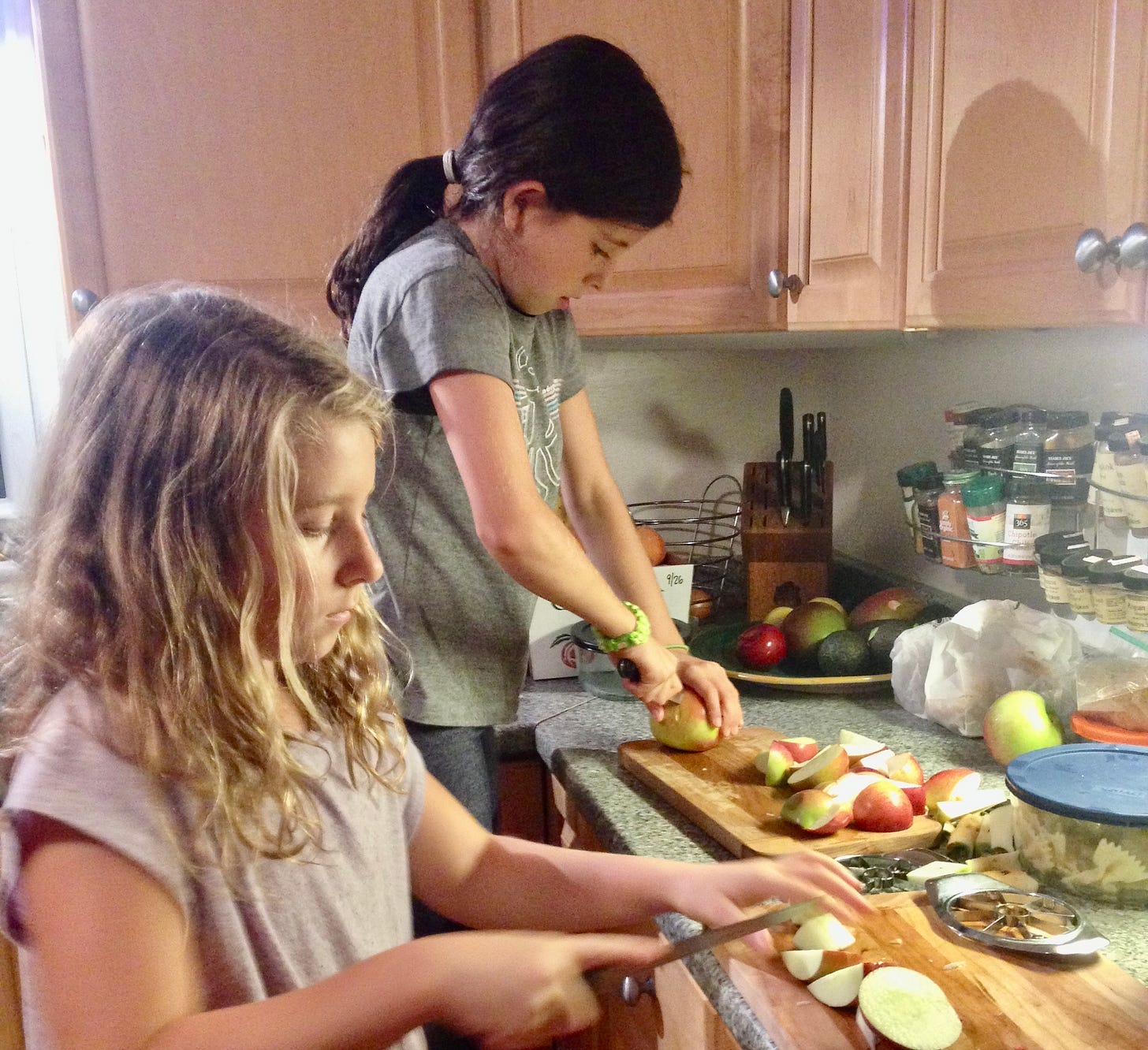Aunt Tess's Fruitcake and Other Holiday Challenges
Honoring Food, Your Body, and Your Needs This Season
My two favorite people came home from college. Over the past couple of weekends, I had the pleasure of spending some one-on-one time with each of my twin daughters. It’s a rare treat to see them and even more special to sink in with each of them, one at a time.
Kyla and I spent a fair amount of time in …
Keep reading with a 7-day free trial
Subscribe to Nourishing Words from Heidi Schauster to keep reading this post and get 7 days of free access to the full post archives.





